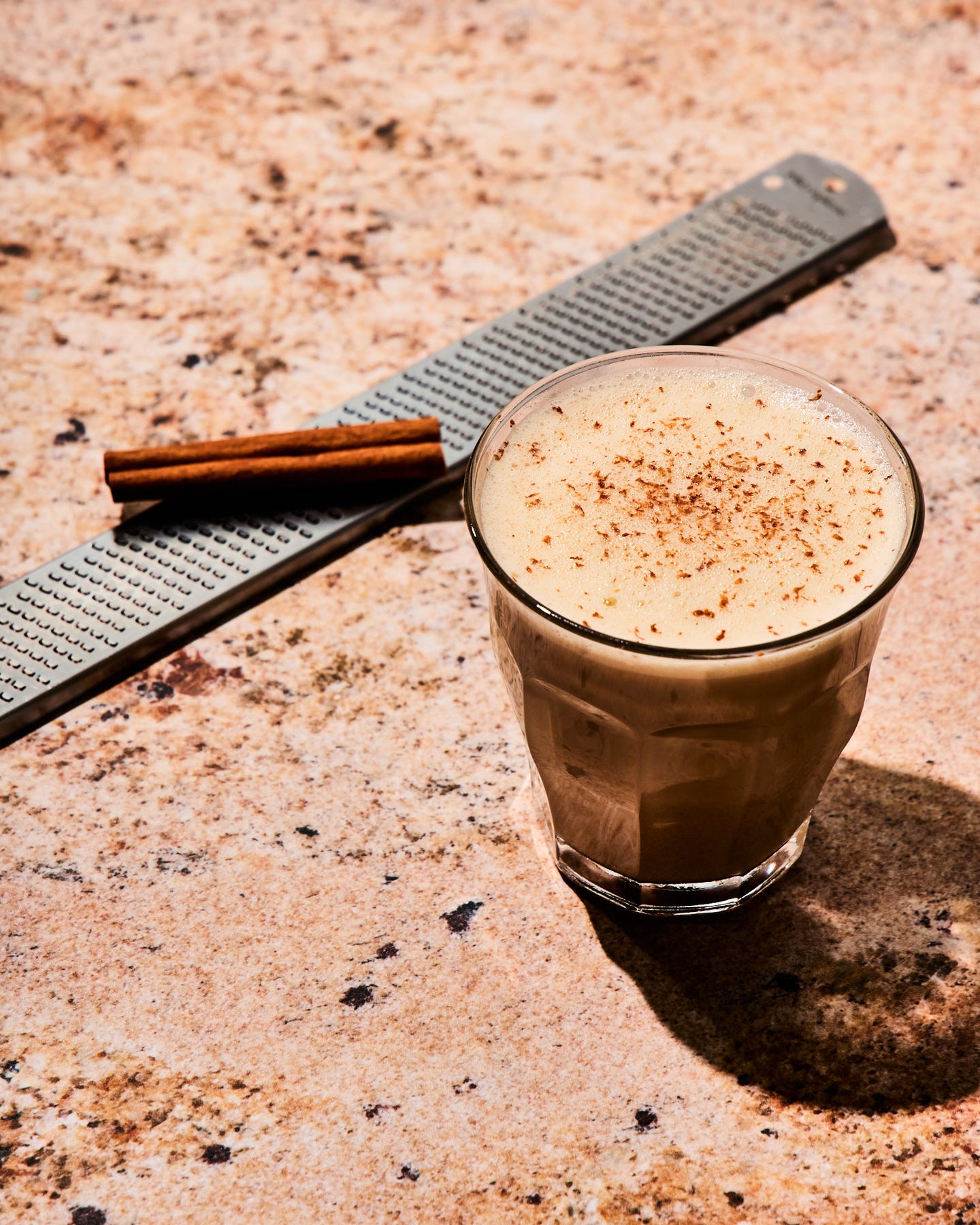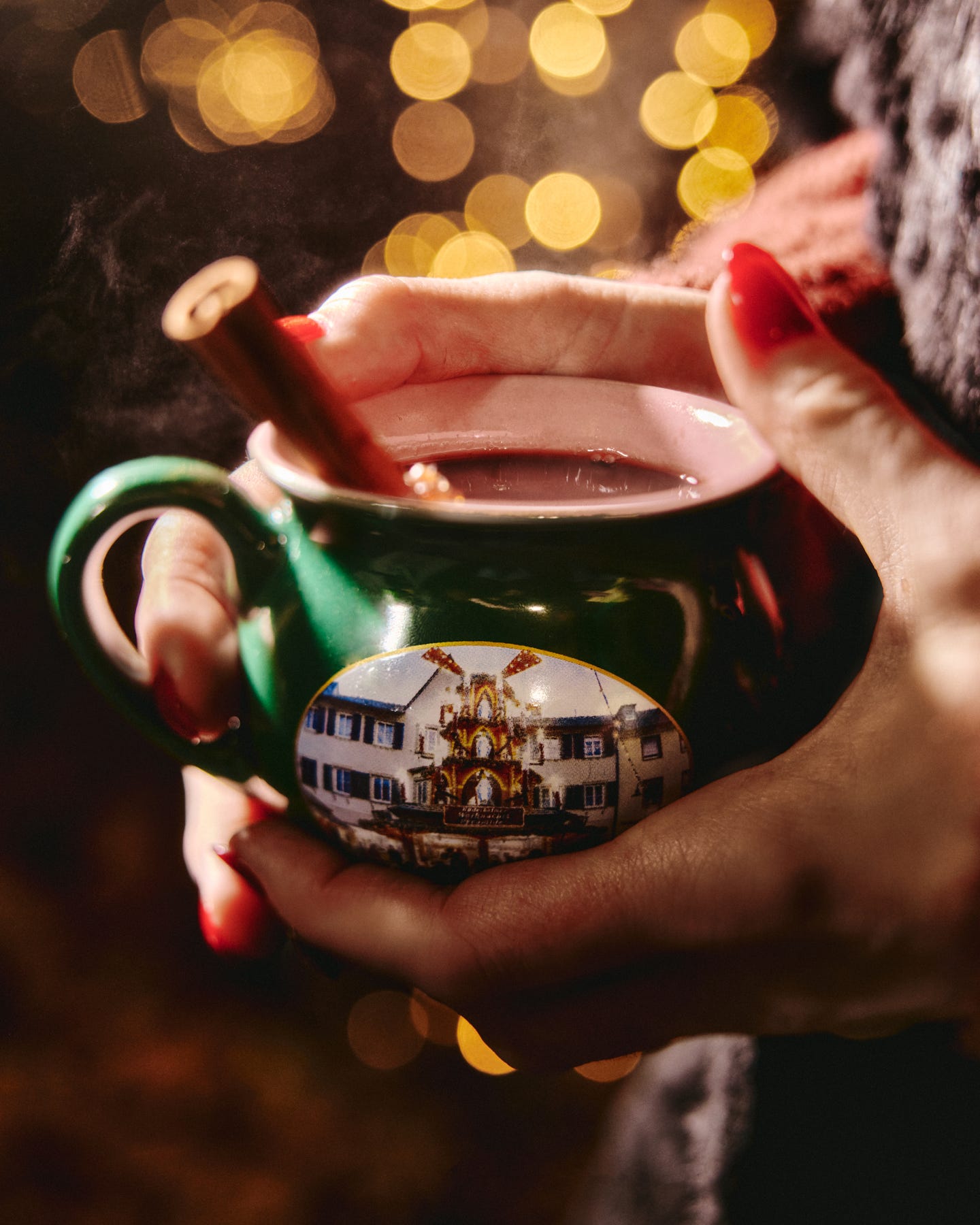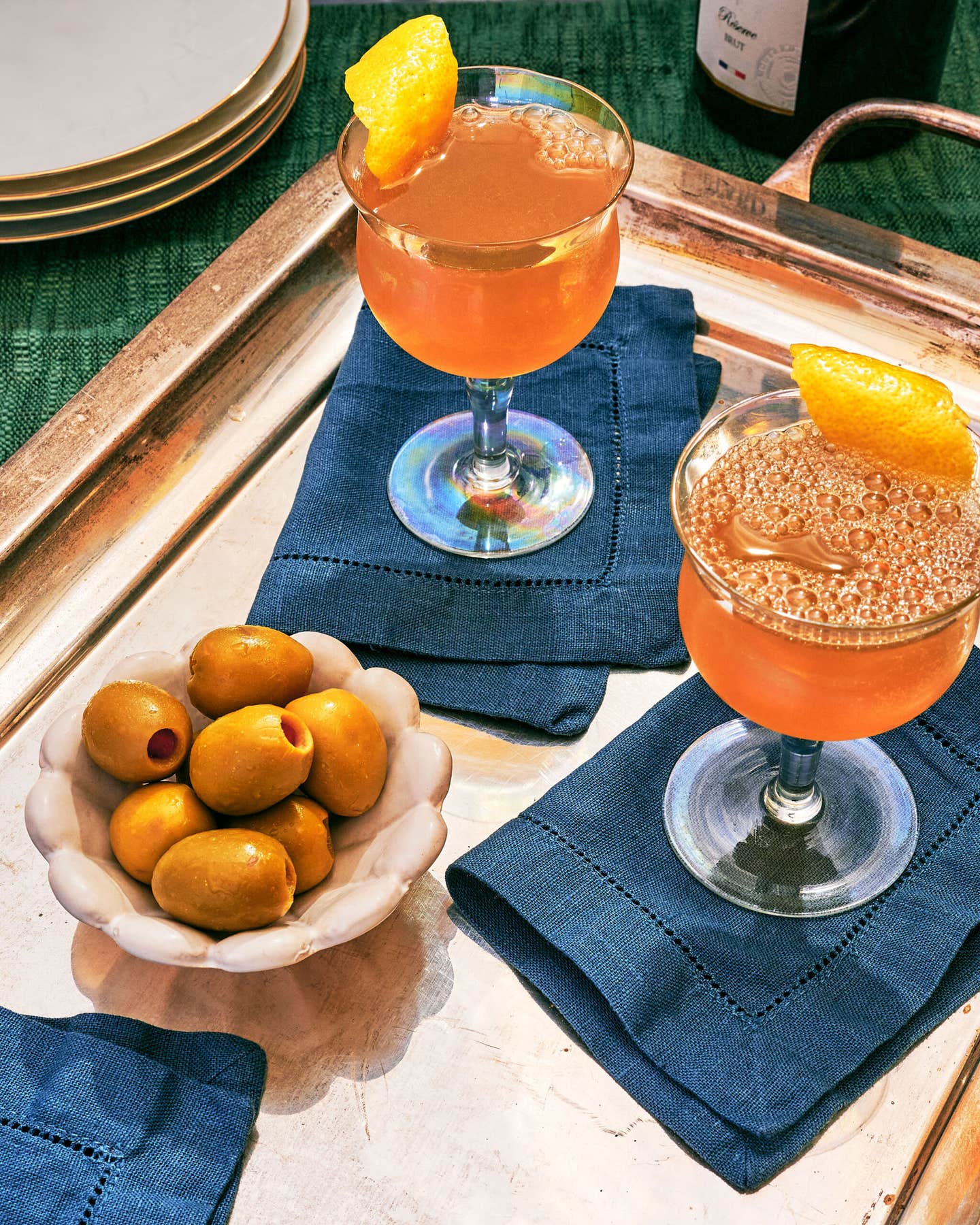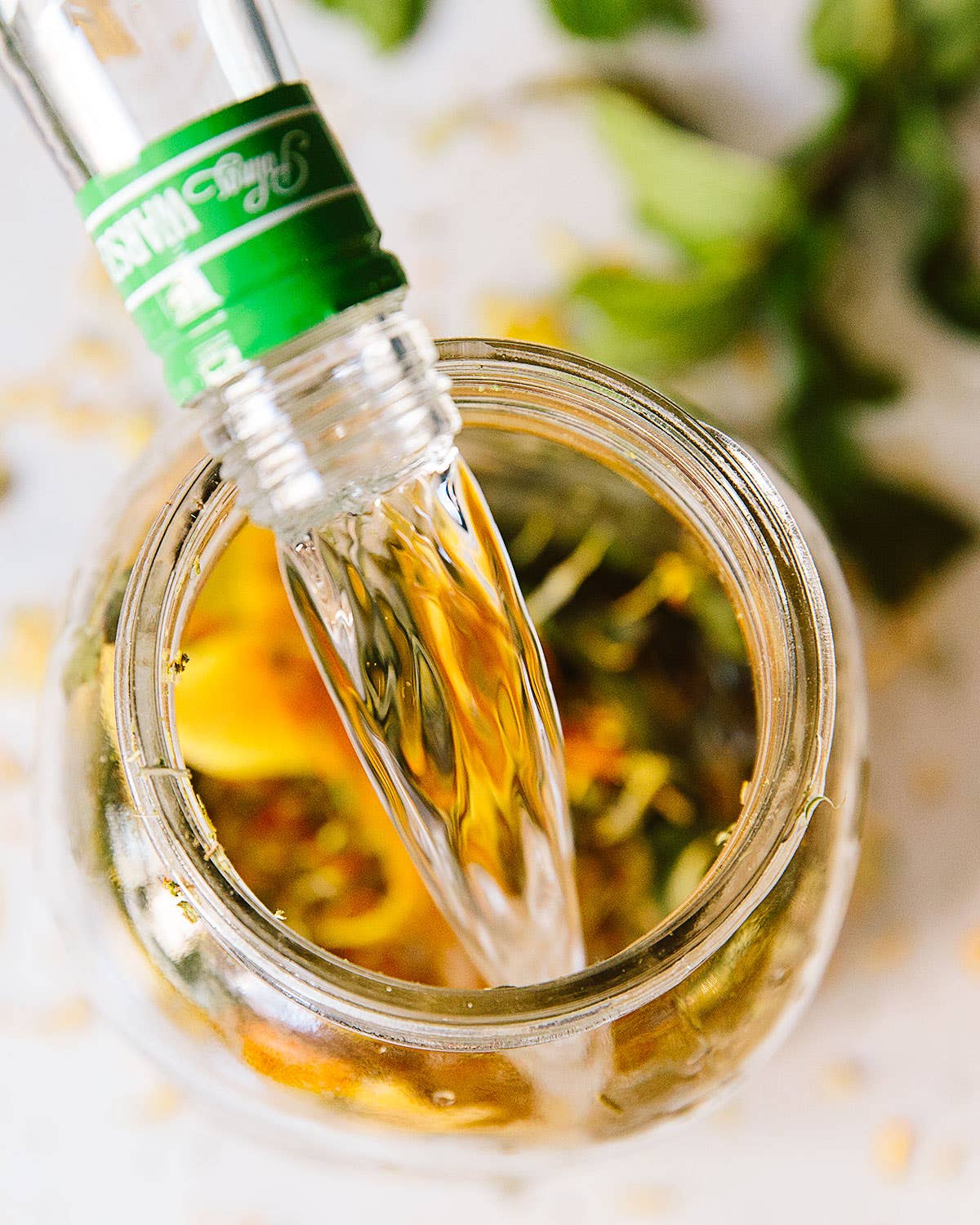
Healing Waters
In discussions of the venerable gin and tonic, it's the gin that's usually the star of the show. That makes sense: gin has a compelling story. In the past century, the juniper-flavored spirit has undergone an unlikely and extreme transformation from Prohibition-era bathtub swill to sophisticated cocktail sip. Brands like Hendrick's, Aviation, Junipero, and Plymouth have redesigned their bottles and redefined gin as the cocktalian's blank canvas of choice. Now tonic water—for so long gin's bitter, fizzy sidekick—is enjoying a renaissance of its own.
British officers stationed in India during the British raj were among the first tipplers to concoct tonic, by mixing soda water with quinine, an anti-malarial (and generally salutary) substance derived from the bark of the cinchona tree. To offset the quinine's bitter flavor, the men often drank it with added gin, sugar, and lemon or lime, and thus was born the official drink of summer. Before long the practice caught on with soldiers in other far-flung outposts, and eventually the gin and tonic made its way back to England.
The commercial marketing of quinine-infused tonic water began in 1870, when Schweppes, a London-based sparkling-water company, added "Indian" tonic water to its line of products. Twenty years later, Canada Dry joined the fray, and until very recently those two companies continued to manufacture most of the tonic water sold worldwide.
Over the past eight years, however, three upstarts—Stirrings of Fall River, Massachusetts, Fever-Tree of the United Kingdom, and Q Tonic of Brooklyn, New York—have begun selling artisanal tonic waters that challenge the dominance of Schweppes and Canada Dry and have turned heads at bars and restaurants throughout the country. Unlike the old guard, these newer companies eschew the use of high-fructose corn syrup for sweetening the tonic and have instead turned to organic ingredients and exotic additions like Mexican agave as flavorings.
Their creativity has not gone unnoticed. Ashley Greene, a bartender at Tailor in New York City, says she chooses Q Tonic for her cocktails because more common tonic waters are too sweet and will "overpower nice gin". Craig Cooper, beverage director of Pops for Champagne in Chicago, prefers Stirrings because it's well balanced and "doesn't have a syrupy soda taste". Nick Peyton, maitre d' and owner of Cyrus in Healdsburg, California, favors Fever-Tree. "Most tonic is undrinkable," he says, "but [Fever-Tree] tastes delicious."
Recently, the online editors of SAVEUR attempted to select their own favorite and reached out to cocktail experts around the country for advice on pairings that would highlight each tonic's unique character the best. In the end, of course (as so often happens in matters of drink), we were left with a host of passionately declared opinions but no clear winner. Our advice: set up your own taste test. Just grab this guide and a bottle of gin.

****Fever-Tree: The winner of the 2006 Gastronomy prize in San Sebastian, Spain, Fever-Tree tonic is made with spring water, cane sugar, Rwandan quinine, and cold-pressed orange oil from Tanzania. Though it was the sweetest of the three tonics we tasted, it also has hints of bitter quinine on the finish. Coupled with Plymouth gin, it makes a bold, intensely fruity gin and tonic. John Anderson, beverage director at Bix Restaurant in San Francisco, says it's also tasty in vodka and tonics made with Grey Goose. It is available for sale in 6.8-ounce-bottle four-packs for $5.69.

****Q Tonic: Made with handpicked Peruvian quinine and sweetened with Mexican agave, this tonic has a drier and bitterer taste than other name-brand tonics and pairs nicely with a citrusy gin like Bombay Sapphire. Bartender Ashley Greene says that the complex nature of Q Tonic also complements a smooth, clean gin like Junipero, from Anchor Brewing. It is available for sale in single, 6.3-ounce bottles or in packs of four, six, and 12. Prices range from $2.50 to $35.99.

Stirrings: A blend of triple-filtered water, cinchona bark extract, and cane sugar, Stirrings tonic water is enlivened by Champagne-style carbonation. Slightly sweet with a touch of grapefruit rind on the finish, it calls for a light, dry gin, like Hendrick's. It is available for sale in 6.3-ounce-bottle four-packs for $5.00.
Keep Reading
Continue to Next Story










